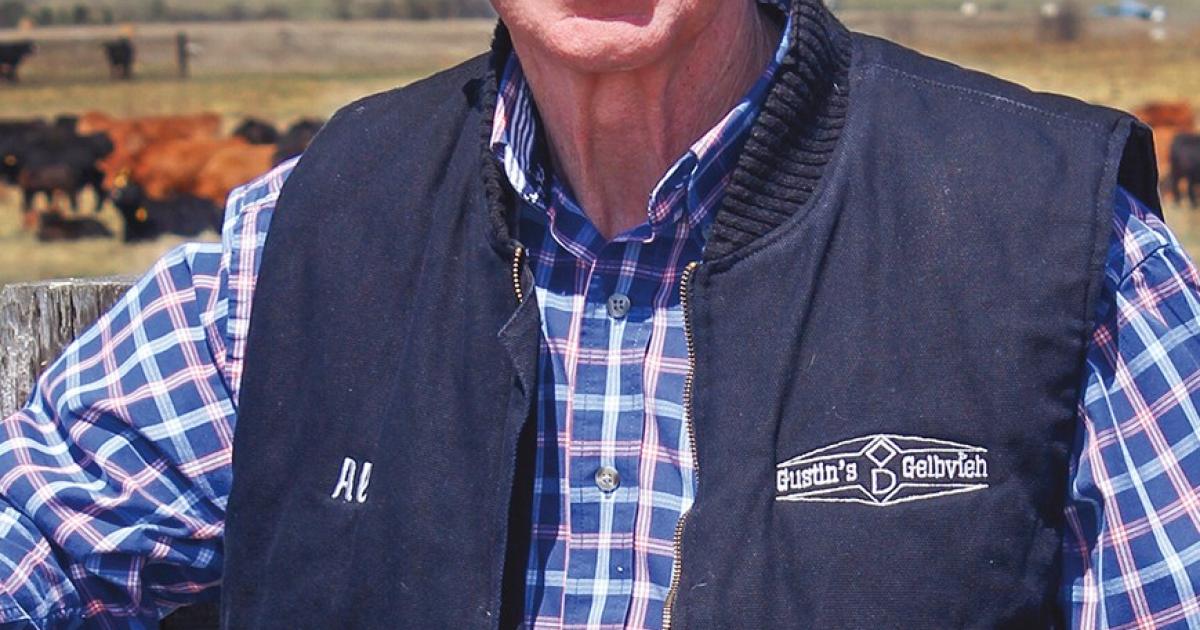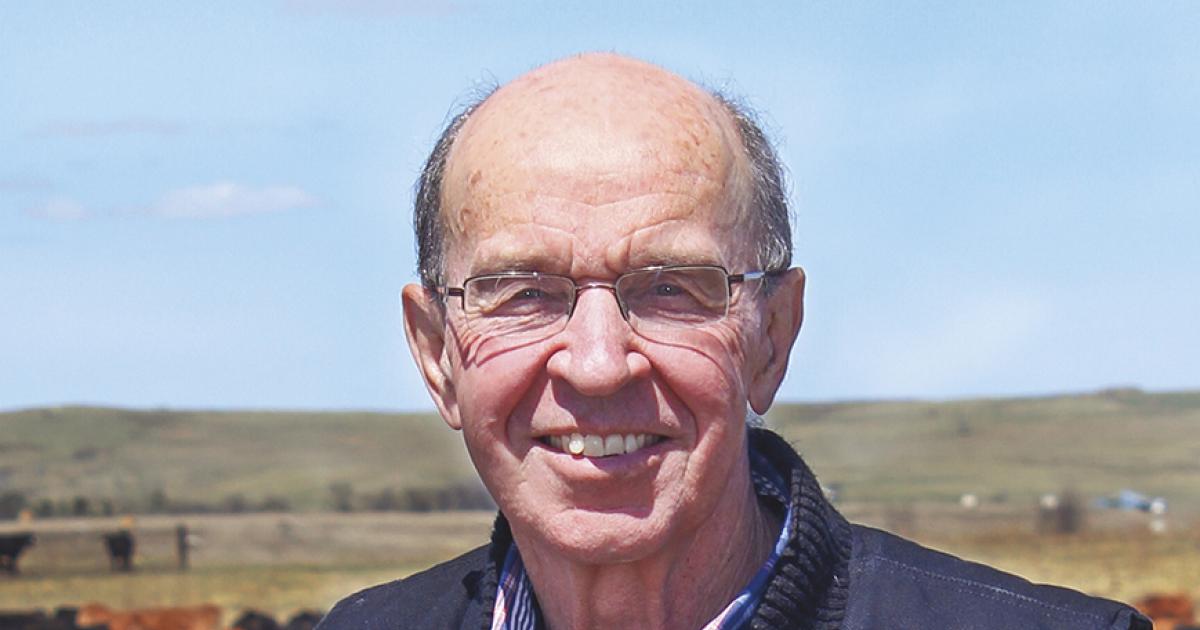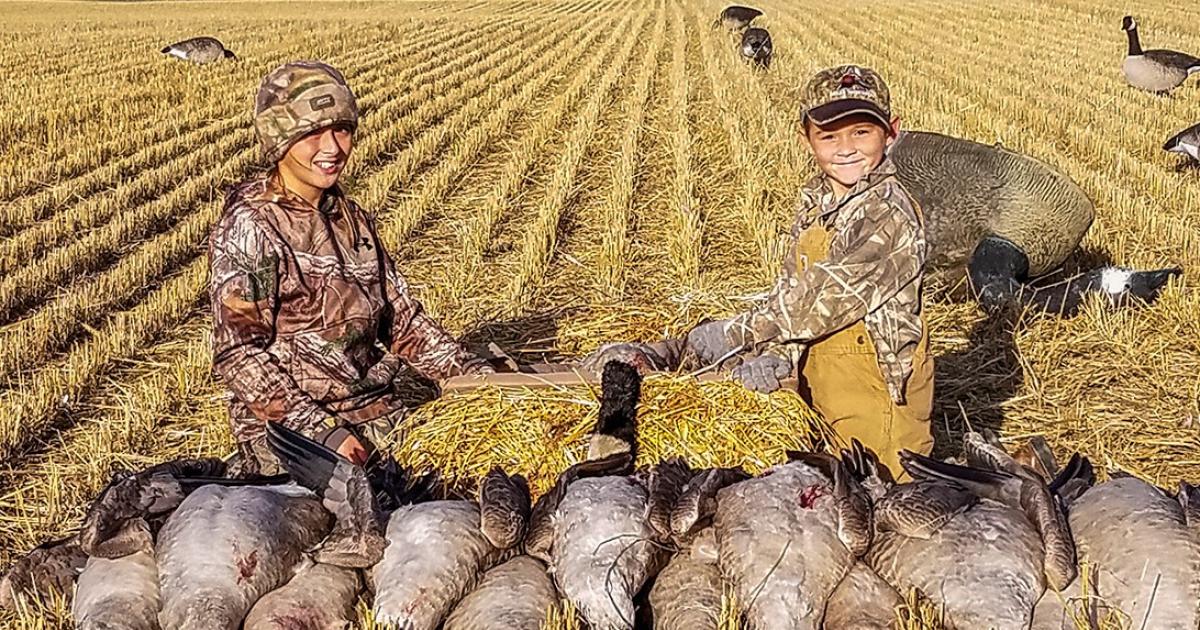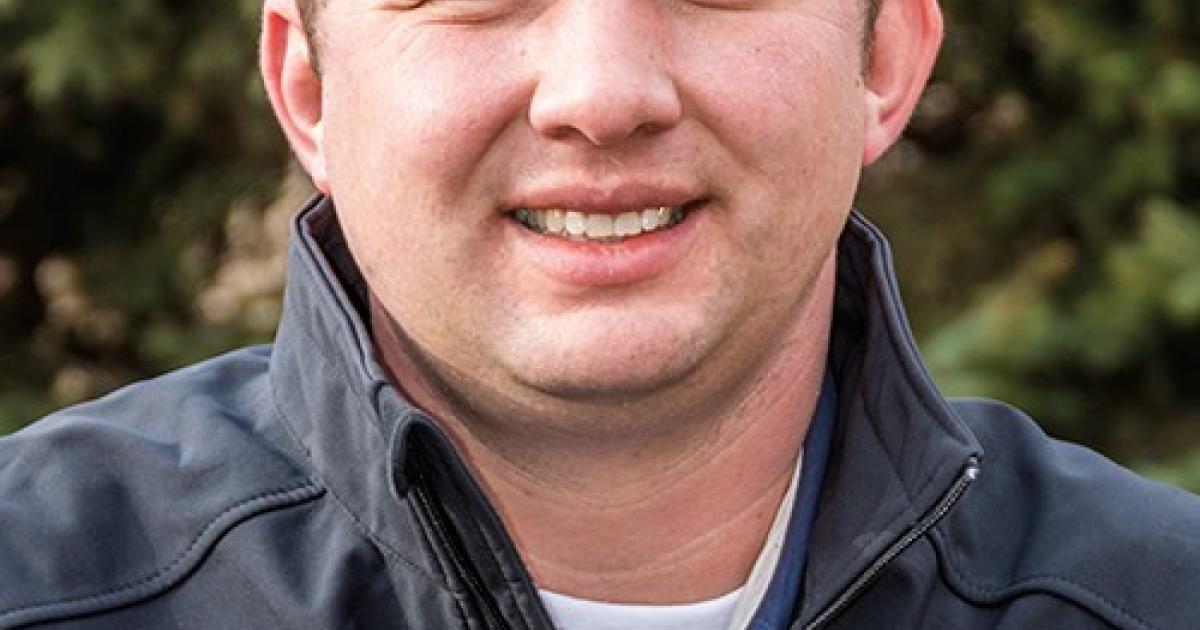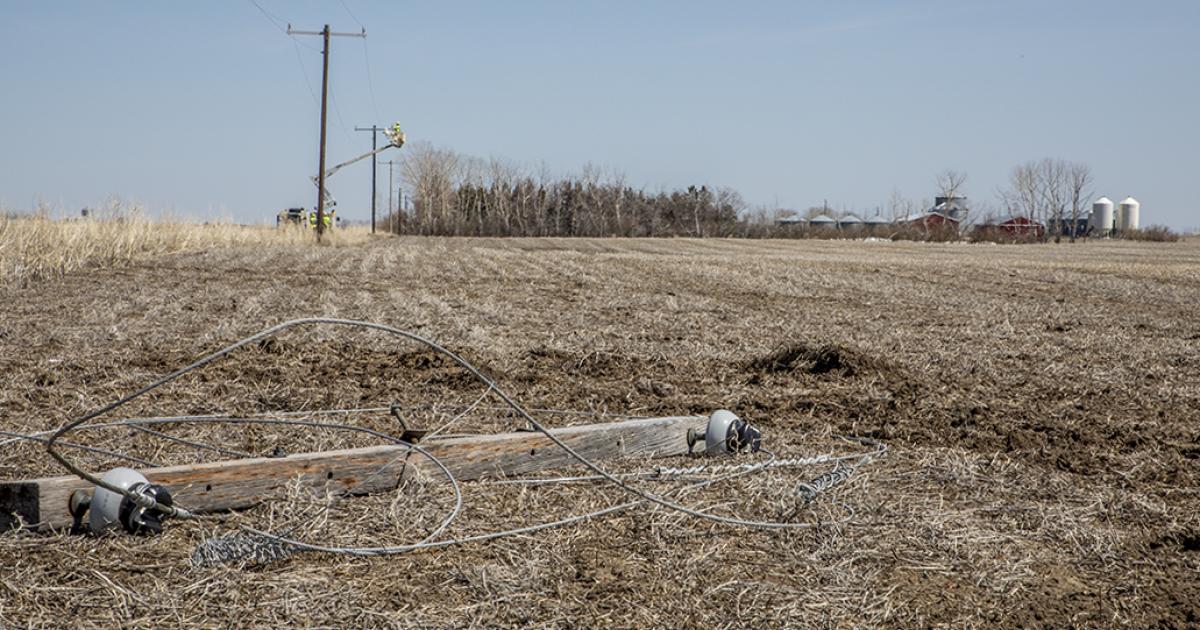Stressful weather – a matter of degree
I was raking hay on June 24, 2018. It was a beautiful morning. On KBMR Radio, Clarissa Lynn said, “The record high on this date was 103 degrees in 1988.”
I thought about 1988, a year of terrible drought. I remembered seeding oats into drifted sand that spring. My diary entry for July 26, 1988, was “disc failed crop.”
Is drought more stressful than too much rain? This past June 17, Peg and I drove through Iowa, and on a stretch of more than 100 miles, we saw just four fields of corn that had been planted. There were tens of thousands of acres that had been too wet to plant.
On Sept. 26 this year, I interviewed a farmer near Beulah who had been unable to harvest his wheat. The wheat was ready for harvest on Labor Day, but had received more than 7 inches of rain during the first three weeks of September. The kernels were discolored and sprouting. Its only value was for feed.
Many areas of the state have had twice or three times the average growing season rainfall. But rainfall totals don’t tell the whole story. There have simply been too many wet days and not enough drying days.
Now, in October, there’s silage to cut and bales to haul, but fields are too muddy. There are calves to wean, but corrals are unusable. What’s more, somewhere around 10 million acres of crops remain to be harvested. Because of quality problems, some of those crops are barely worth harvesting.
And now, as I write this on Oct. 9, a monster snowstorm is headed our way. Hauling hay, weaning calves and finishing harvest will become exponentially more difficult, costly and stressful. Some crops will probably stand until spring. “Disc unharvested crop” may well be a diary entry for some farmers in the spring of 2020. Is raising a crop and being unable to harvest it more stressful than not getting it planted in the first place? I think so.
Weather extremes are very stressful for farmers and ranchers, and for some, critically so. We pray for favorable weather. We pray, too, for courage and perseverance. We hope ag lenders are praying for the same thing.
Al Gustin is a retired farm broadcaster, active rancher and a member of Mor-Gran-Sou Electric Cooperative.


